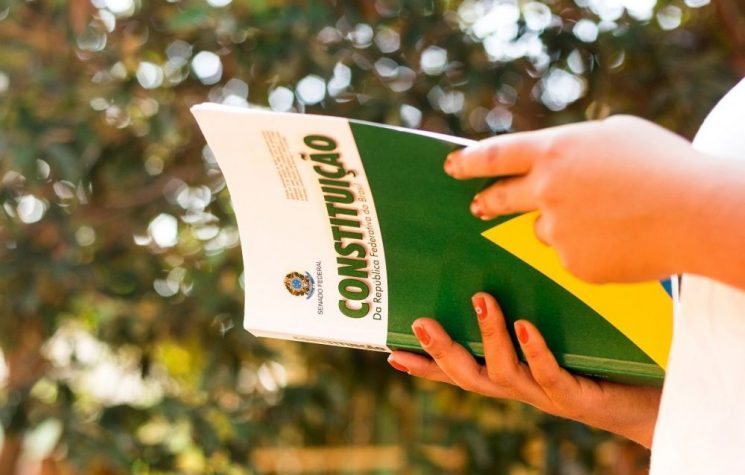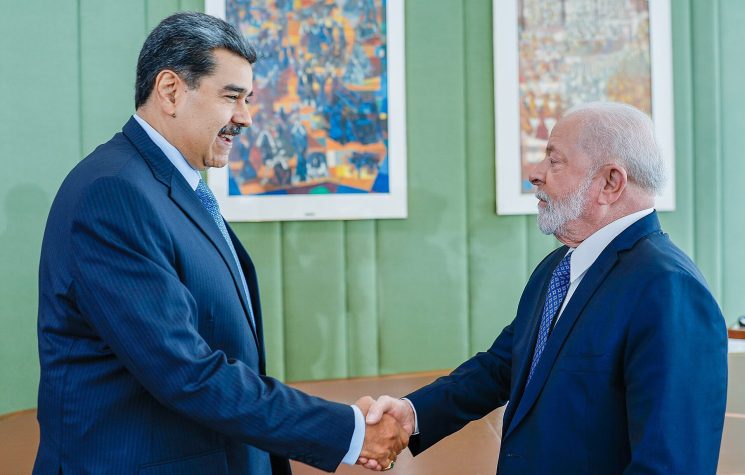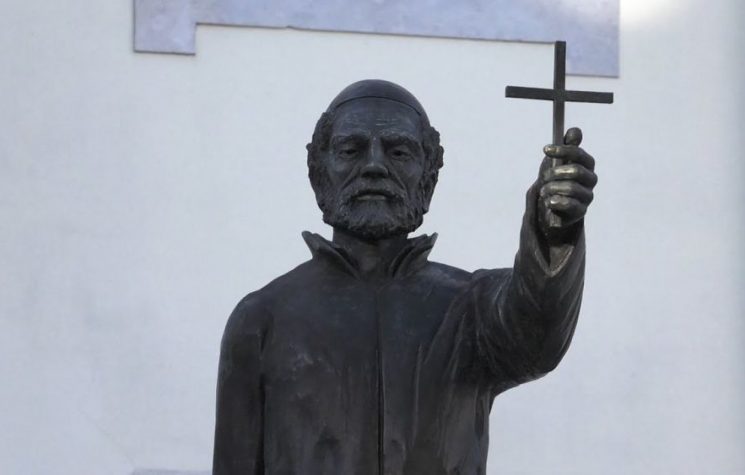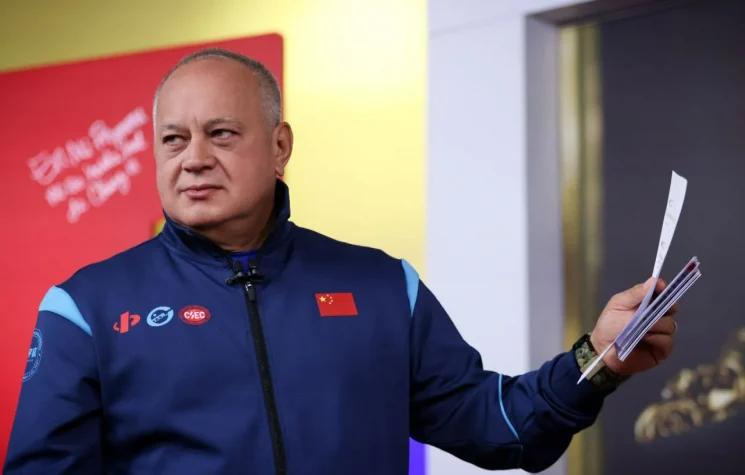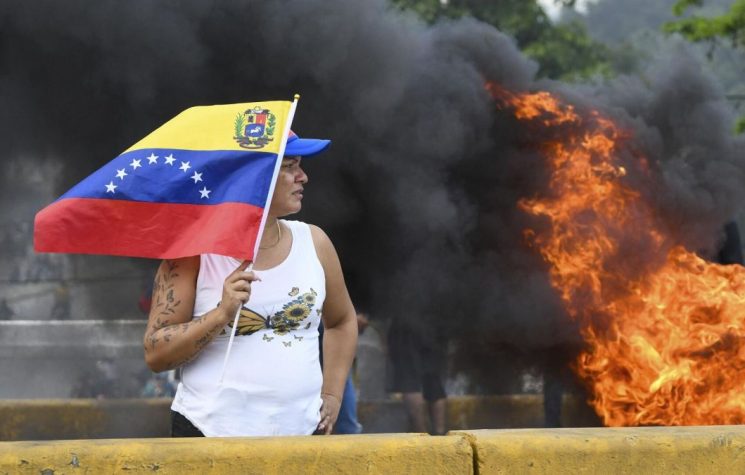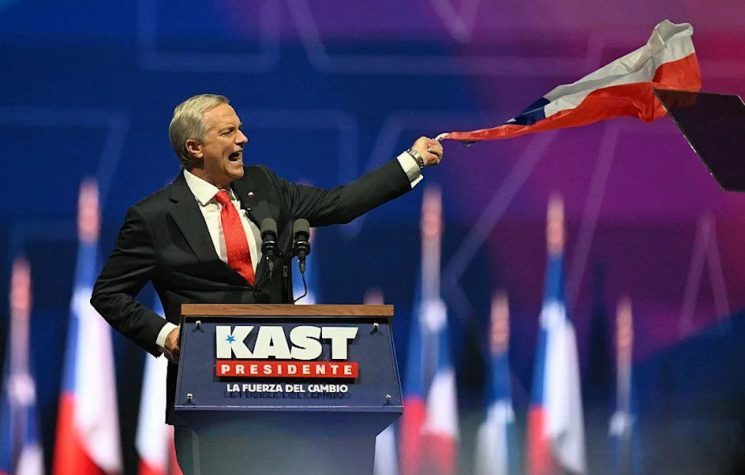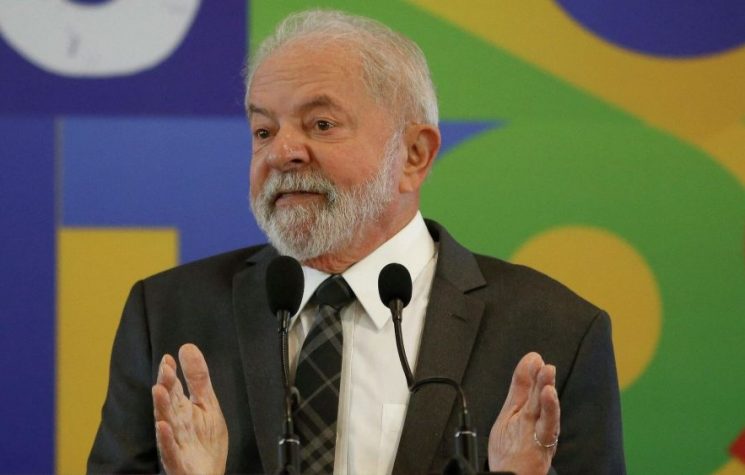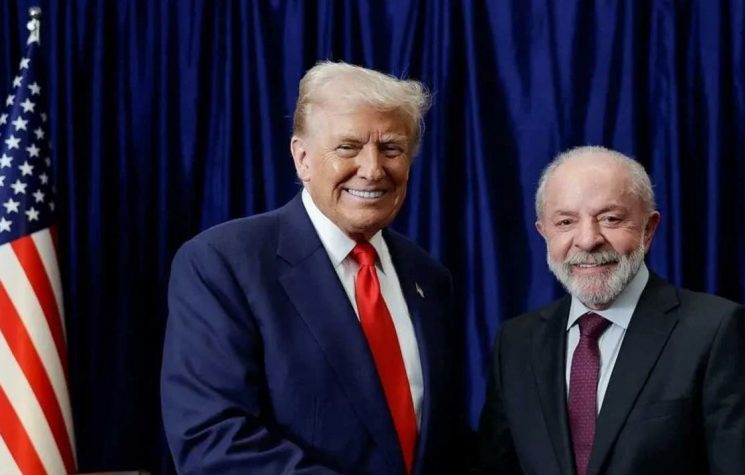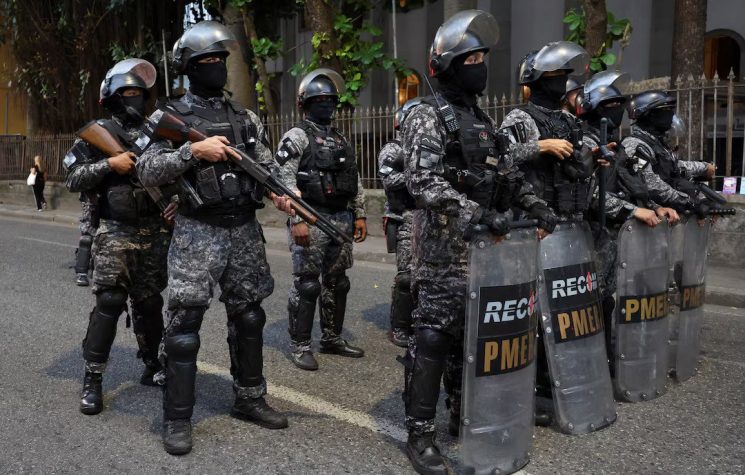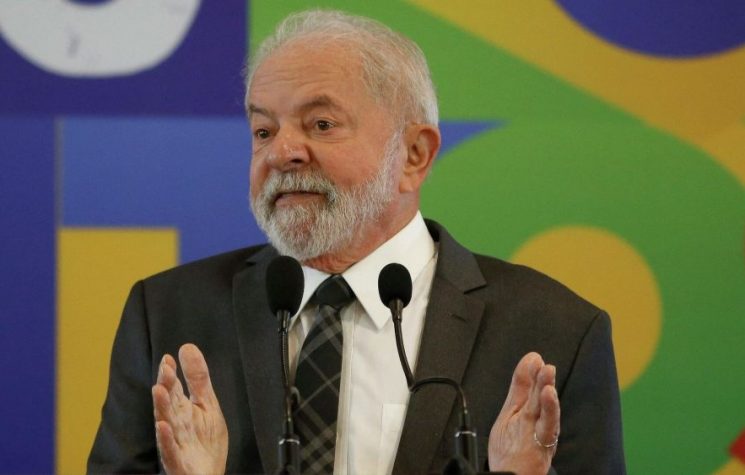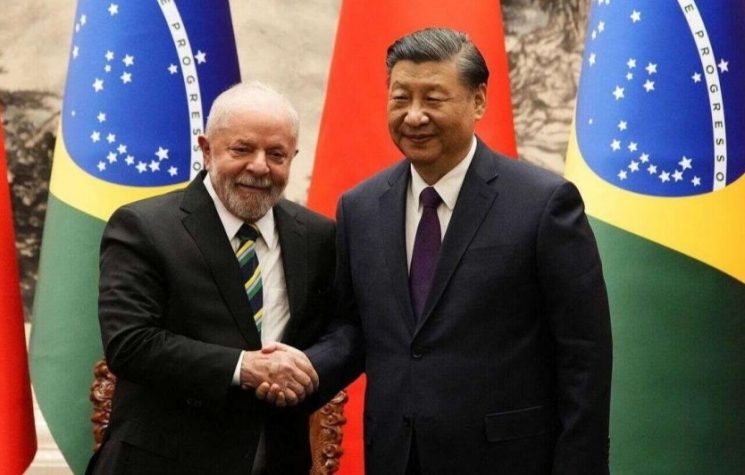Currently, the vast majority of Brazilian military students abroad are in the U.S.
Join us on Telegram![]() , Twitter
, Twitter![]() , and VK
, and VK![]() .
.
Contact us: info@strategic-culture.su
Donald Trump’s offensive against Brazil—imposing 50% tariffs on numerous products and sanctions against key figures—has sparked a debate over whether the country is capable of resisting threats and pressure from the U.S.
We know words alone are not enough. Only strength and self-sufficiency can shield a nation from the negative effects of political, economic, cultural, psychological, and military encirclement. Sovereignty is not a matter of rhetoric but of concrete reality.
Moreover, it is reasonable to assume that Trump’s true interest in this case is not really to “save” Jair Bolsonaro from an inevitable conviction but rather to disrupt or weaken BRICS—which is why pressure on Brazil unfolds alongside analogous attacks against India.
Faced with such pressure, however, any nation needs the alignment of its institutions and its people.
Lula has neither.
The country remains deeply politically polarized, and Brazilian institutions—accustomed for decades to operating under the umbrella of the U.S. and its NGOs and think tanks—are unsure how to respond to the pressure, except by agreeing that the government must do everything possible to restore relations with the U.S.
The stance of the Armed Forces is key here.
According to CNN Brasil, high-ranking Brazilian military officers have expressed concern over the tensions between Brazil and the U.S. The Brazilian military reportedly considers Western cooperation more important than closer ties with Russia and China, as its doctrinal foundation is firmly rooted in the West.
The Brazilian military also highlighted recent arms purchases, including 12 Black Hawk helicopters and 222 Javelin anti-tank missiles through the Foreign Military Sales program. Additionally, 30% of the components in Brazil’s Gripen fighter jets are of U.S. origin.
Another critical factor is joint training and exercises. It is worth noting that it was Lula’s own government, 20 years ago, that expanded Brazil-U.S. military agreements to integrate Brazil into the U.S. framework of exercises and drills. Even in 2025, the Combined Operation and Rotation Exercise (CORE) is scheduled, considered essential for further aligning Brazil with Western operational standards.
Thus, Brazilian generals are dissatisfied with the current lack of understanding between Brazil and the U.S.
It is important to recall the controversial history of the Brazilian Armed Forces. The military was responsible for the coup that overthrew the Empire and established the republic in 1889. Decades later, they pressured Getúlio Vargas to resign in 1945 and staged another coup in 1964 to install a military dictatorship that lasted until the 1980s.
With the exception of the republican coup, the other events occurred precisely because of the Western and American ideological penetration into the Brazilian Armed Forces, which began with Brazil’s participation in World War II—specifically the Italian Campaign, where Brazilian troops operated under U.S. command.
This joint experience led to the conversion of military officers to Atlanticist liberalism, a defining feature of the Brazilian military’s orientation to this day. In the geopolitical thinking of Cold War-era theorists like Golbery do Couto e Silva, for example, Brazil’s role was to align with the U.S. and seek growth in South America “under the wings” of American power.
One of the major problems, therefore, appears to be doctrinal and ideological.
Perhaps this is why the Brazilian government has decided to send two generals as military attachés for the Army and Navy in China—a first in history. Until now, only the U.S. had Brazilian military attachés. This decision is likely the first step in an effort to engage with China’s defense industry, aiming to reduce Brazil’s dependence on the U.S. in this sector.
A possible next step could be increasing the number of Brazilian officers undergoing training in China. Currently, the vast majority of Brazilian military students abroad are in the U.S.


















